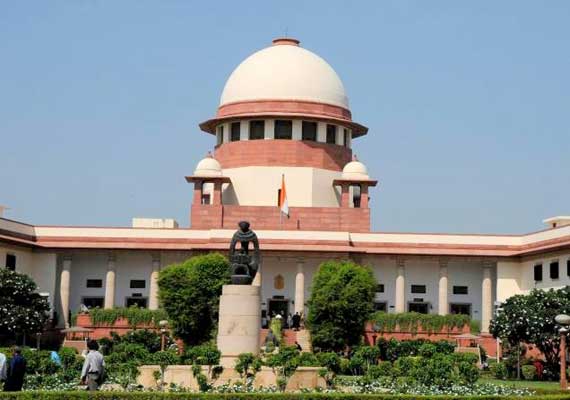In recent times, #courts have allowed service of #LegalNotices by #Email. In a more recent development that happened this week, the Hon’ble Supreme Court of India enlarged the scope of #digital service of notices and #summons by stating that notices and summons could now be served on parties through Email, #Fax and instant messaging application such as #WhatsApp.
The Order was passed by Bench of the Chief Justice of India, Justice S.A. Bobde along with two other Judges. The Attorney General, who was present in the matter, voiced his concerns about the Government Departments not being comfortable with service of summons and notices through Whatsapp because as per him “it was a completely encrypted platform”. However, the Bench did not accept the Attorney General’s stand and stated that service would be deemed to be completed if there was a double “blue tick” against the message which would indicate the message has been duly read.
Now that notices and summons can be served through the digital media which currently includes messaging applications it brings in its wake speedy implementation of court process where summons are concerned. Hitherto, service of summons by physical means stretched the service of summons to several hearings as the receiving party always found ways to refuse the summons mostly by paying off the postman. This new move prevents unnecessary delays in the process of law. Though this new means of service of summons and notices maybe a result of #COVID-19, it is no doubt an excellent way to reduce timelines in litigation. It is hoped that this new development will come to stay.
The Chief Justice of India, stated as follows:
“If the two blue ticks are there then it can be proved under Evidence Act…so Whatsapp can be used (for summons)”.
The Supreme Court also extended time for filing matters by extending the period by 45 days in matters pertaining to the Debt Recovery Tribunal and under Commercial Courts Act. However, it refrain from extending the limitation period in cheque bouncing matters and held that validity of cheque was the subject matter of Reserve Bank India and as such the Court did not want to intervene.
In another very interesting matter pertaining to the National Company Law Appellate Tribunal that has shut down completely as one of its employees was detected as positive for Coronavirus. The Supreme Court held that just for one employee who has detected positive for Coronavirus the NCLAT cannot close its doors of justice and asked the NCLAT to find a way for online hearings in the matter which was titled as Marathe hospitality v. Mahesh Surekha.
Lakshmi Vishwakarma
Associate
The Indian Lawyer
Blog Copied from The Indian Lawyer

